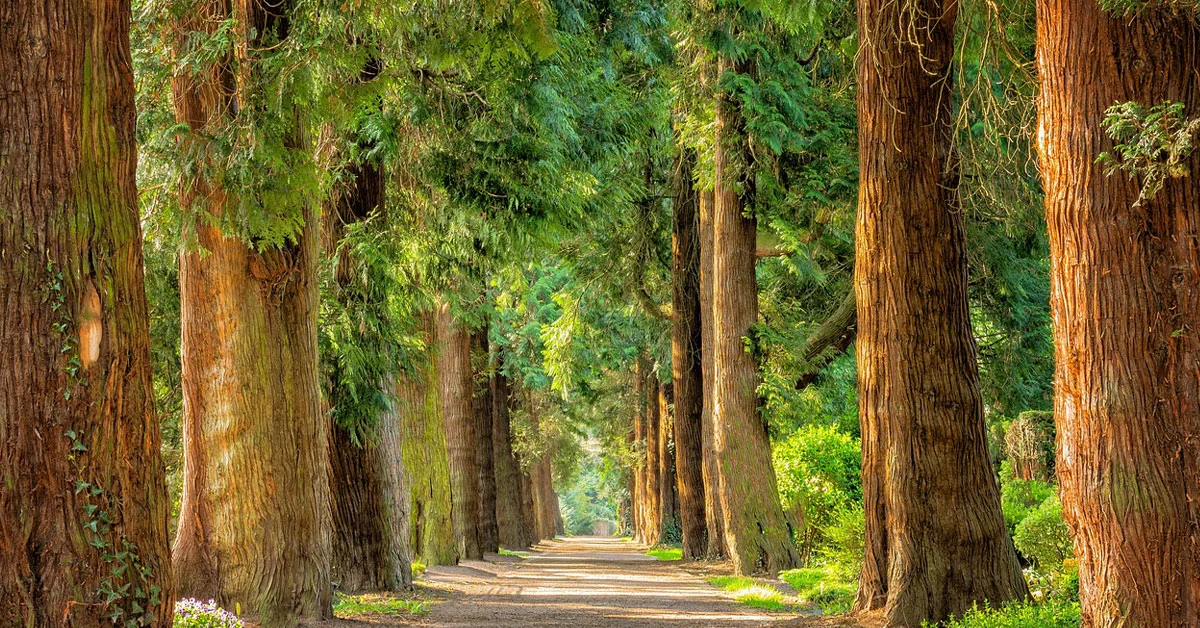Climate change, referred to as long-term changes in temperature and weather patterns,
The most imminent challenge faced by the human society at the present time is the rising of global temperature, also referred as global warming. Global warming then leads to rapid climate change mainly because of the anthropogenic activities (Sedjo & Sedjo, 2001). Since the last century the average increase of 1.5oC in global temperature has been observed and IPCC is working to keep it below 20C (IPCC, 2017).
The impacts of climate change are inevitable and observed in almost all terrestrial and aquatic environments and causing impacts such as droughts, mean sea level rise, melting of glaciers, reduced availability of water, decreased crop yields, habitat destruction, specie endangerment, human infrastructure loss and it is projected to further affect the water resources in next 2 decades (IPCC, 2017).
Vulnerability to climate change
Most terrestrial and aquatic ecosystems are vulnerable to climate change mainly in sub tropics and temperate zones. Also, most economies are highly dependent on agriculture, forestry. Most of the highly populated deltas are at risk of flooding. The rise of 0.6-1.0oC in temperature, 10-15% decrease in rainfall (mainly monsoon), 5% decrease in humidity and 0.5-0.7% increase in solar radiation is experienced in the country. Approximately 180 million people are vulnerable to climate change (Farooqi et al., 2005).
Devastating impacts of climate change
The major reason behind the devastating impacts of climate change are the greenhouse gases (GHGs) leading to rise in global temperatures. The most important among the GHGs is Carbon dioxide (CO2) and its emissions are increasing in the atmosphere each passing day because of human activities ranging from industrial activities, deforestation, power plants, land–use changes to burning of fossil fuels since industrial revolution and specially in the last 50 years (Siraj & Teshome, 2017). One of the ways to reduce atmospheric CO2 is believed to be through forests and their sustainable management (Ahmad et al., 2015).
Causes of climate change
Forests act as the means to sequester atmospheric carbon and then play the role of carbon reservoirs over the decades. Talking about forests, young and rapidly growing forests sequester large amounts of atmospheric Carbon dioxide and they turn old they act as carbon reservoir holding large amounts of carbon which is stored in their biomass. Sustainable management of forests by conserving the existing ones and planting more carbon sequestering species allow more carbon sequestration and carbon stocking (Sedjo & Sedjo, 2001).
The Intergovernmental Panel on Climate Change (IPCC) states that an appropriate policy can increase the amount of carbon sequestration by 100 Gts (30 years of atmospheric carbon buildup) by terrestrial ecosystems compared to without the policy (Cannell, 2010). Forests are essential components of the global carbon cycle and the Kyoto Protocol by UNFCCC ranks forests as a potential source for stabilizing and reducing the amount of atmospheric CO2 built-up (Saeed et al., 2016).
Sustainable forest management with the aim of carbon sequestration can play a significant role in decreasing CO2 buildup in atmosphere. For this purpose, a global sustainable management system of forests and the increase of forest cover is needed (Apps et al., 2001)
The role of forests
The role of forests in combating climate change has been globally recognized now. Most countries signatory to various international agreements has obligations to protect its forests. For which national and provincial level actions and policies are needed. Most countries have a low forest cover country with less than 5% of forested areas or plantations which makes it highly vulnerable to climate change (GoP, 2015).
Conservation and management of forest cover can act as barrier to the devastating impacts of climate change in the future. These forests are home to sub-tropical, moist temperate conifer, dry temperate conifer, sub-tropical scrub forests and irrigated plantations. However, most countries can now invest in resources in form of research, time and money to conserve and expand its existing forest cover with more large carbon sequestering plant species for preventing climate change and to reduce its impacts. It is also, the need of the country so that it can meet the international standards of carbon off-setting or sequestration.
Carbon sequestration programs can be an opportunity for the country in terms of financial inflows for sustainable management of forests by number of international organizations like Reducing Emissions from Deforestation & Forest Degradation REDD+ (Gibbs et al., 2012).
Contributions of Wcsp
Water Care Services Pakistan (WCSP) has already been working on several projects linked with increase of urban forests and natura; means of treatment of wastewater by constructed wetlands. WCSP is working on specific project of similar characteristics for Karachi City. The planned project aimed to achieve environmental sustainability, stewardship and efficient water management for the water scarce cities of the developing nations. Pakistan is a country with highest urbanization rate in the entire south Asian region and the proposed project was developed for the largest metropolitan of the country i.e. Karachi.
Karachi is home to over a population of over 17 million people and a rapidly urbanizing city with drastic impacts on the availability of water, sanitation networks, living standards, environmental health and overall urban wellbeing. The proposed project intended to improve the urban lifestyle of the largest metropolitan of the country. It will prove to be an innovative approach to improve the quality of living standards, sanitation facilities, increase in conservation practices of water, reuse of treated waste water and overall increase in the green spaces of the city. Our project is going on successfully at KMC premises karachi, it’s on number 5 , in the world.
Forests serve as nature’s guardians, safeguarding vital fresh water sources for a resilient and sustainable future.

